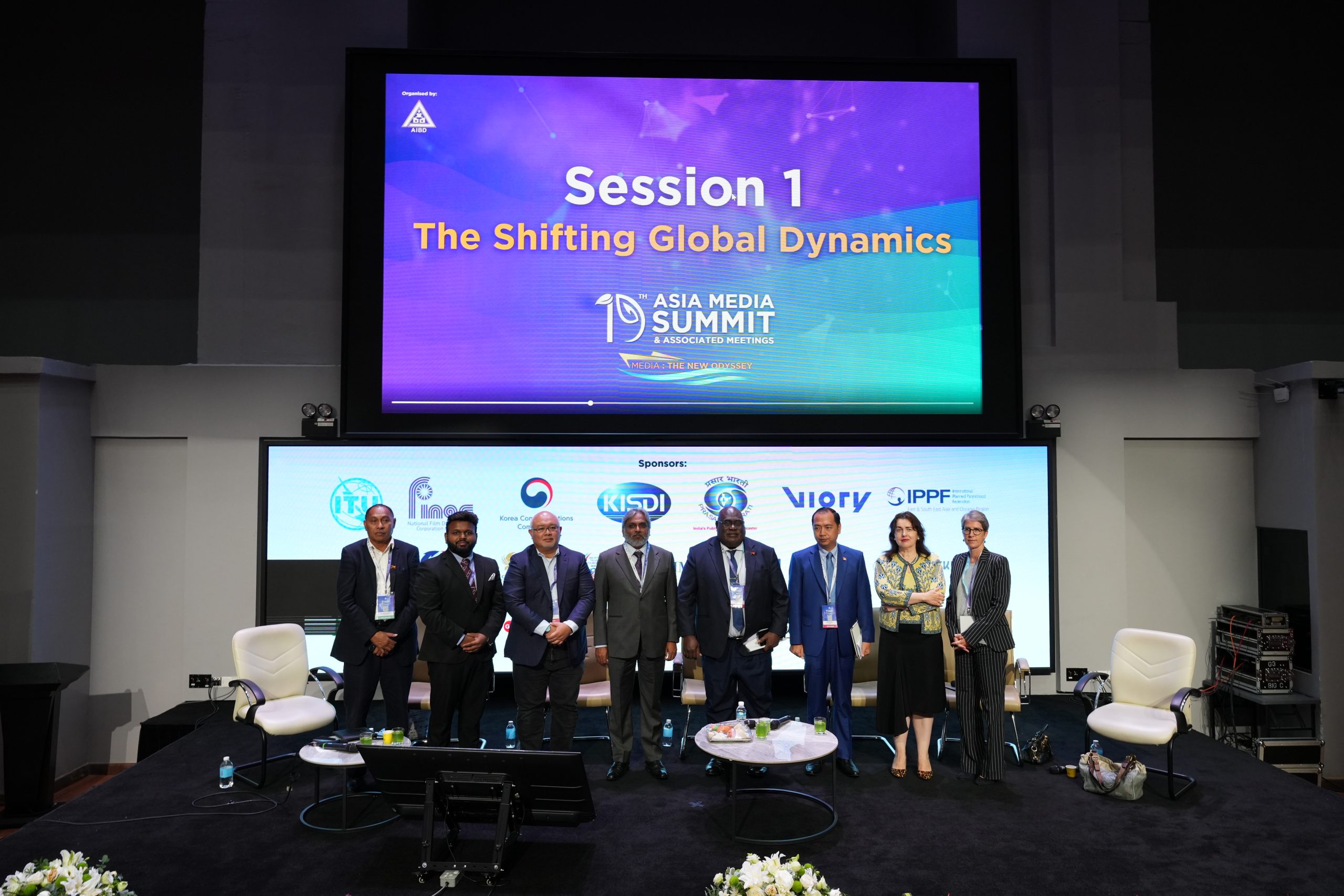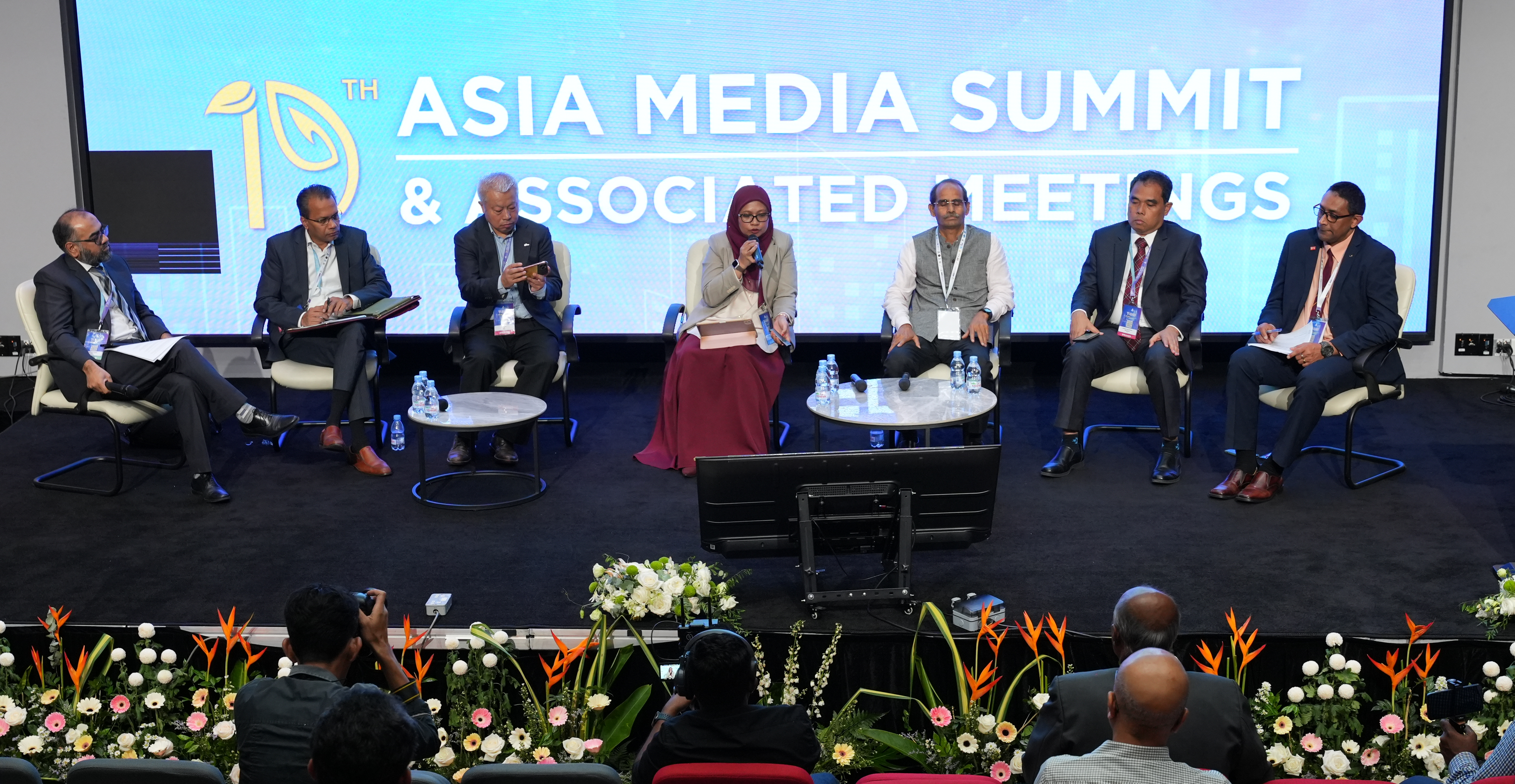
AMS 2015 : CEO Roundtable
Day 2 – Tuesday, 27th May 2015
1615 – 1730 : CEO Roundtable : Should Broadcasting Compete or Collaborate?
Broadcasting has dominated the communication industry, performing such roles as informing, educating, entertaining, and influencing opinion. Social media and emerging media share these roles. Consequently, they are pulling eyeballs away from television. Is broadcasting in a collision course with social media and to what extent? Should it consider social media competition in content creation, audience engagement and revenue generation? If so, how should broadcasters deal with this new player? Or should it collaborate as both platforms can provide what each other needs and influence people’s lives and routines? How far will collaborative strategies pay off for years to come? Should broadcasting embrace the power of social media to meet its business and civic obligations? Should both compete or collaborate?
Day 2 – Tuesday, 27th May 2015
1615 – 1730 : CEO Roundtable : Should Broadcasting Compete or Collaborate?
Broadcasting has dominated the communication industry, performing such roles as informing, educating, entertaining, and influencing opinion. Social media and emerging media share these roles. Consequently, they are pulling eyeballs away from television. Is broadcasting in a collision course with social media and to what extent? Should it consider social media competition in content creation, audience engagement and revenue generation? If so, how should broadcasters deal with this new player? Or should it collaborate as both platforms can provide what each other needs and influence people’s lives and routines? How far will collaborative strategies pay off for years to come? Should broadcasting embrace the power of social media to meet its business and civic obligations? Should both compete or collaborate?
Chairperson |
|
 |
Atty. Jess Anthony Yu Undersecretary for Legislative, Policy & Legal Affairs, Presidential Communications Operations Office (PCOO), Philippines |
Speakers |
|
 |
Dr. Wen Qiuyang Assistant Director, National Emergency Broadcasting Center, China National Radio (CNR), China |
 |
Mr Kensuke Obara News Editor, International News Division, News Department, Japan Broadcasting Corporation (NHK), Japan |
 |
Ms Moneeza Hashmi President, Public Media Alliance, United Kingdom and General Manager, HUM TV, Pakistan |
 |
Mr Osama Nazzal Head, Foreign Programs Department, Palestine Broadcasting Corporation (PBC), Palestine |
 |
Mr Robert De Jesus Programme Officer, United Nations Asian and Pacific Training Centre for ICT for Development (UN-APCICT), Korea |






